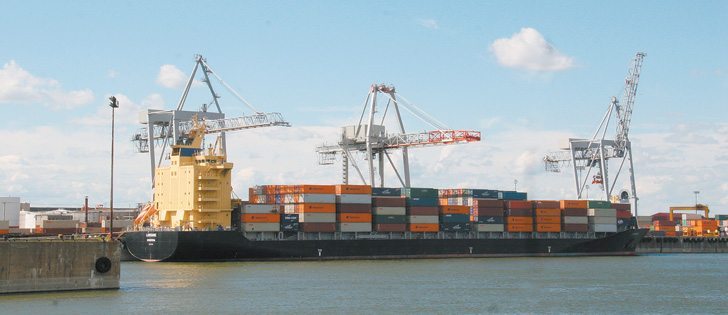Farmers, farm leaders and journalists usually spend much time reading the policy tea leaves of the government through the lens of the agriculture minster and his allies.
They are high profile, the face of government policy and the assumed authors of whatever policy farmers like or dislike.
So from that perspective, nothing happened last week in Ottawa.
Gerry Ritz remains agriculture minister despite a minor cabinet shuffle. He is on his way to becoming one of the longest-serving agriculture ministers in a generation.
Read Also

Budget seen as fairly solid, but worrying cracks appear
The reaction from the agriculture industry to prime minister Mark Carney’s first budget handed down November 4th has been largely positive.
From another perspective, much happened last week in the arena of farm policy. It’s just that the influence of bureaucrats is not much recognized, usually because ministers like the attention but sometimes because bureaucrats prefer the background.
John Knubley, come on down.
Prime minister Stephen Harper last week announced a shuffle of senior bureaucrats that will see three-year agriculture deputy minister Knubley shuffled off to the industry department Sept. 17 — in Ottawa terms a promotion — while former Agriculture Canada senior trade and policy official Suzanne Vinet will become agriculture deputy minister.
For many farmers, this will be a yawn. Who cares who the deputy agriculture minister is?
Farmers should care. This changing of the bureaucratic guard is very significant.
Knubley had no agricultural background when he was appointed deputy minister in 2009 and he refused interview requests by arguing he was merely a vessel for ministerial instruction.
Yet he orchestrated some of the most significant farm policy changes in a generation or more — the end of the 70-year-old Canadian Wheat Board monopoly that takes effect Aug. 1, the farmer-support-slashing new farm program supposed to be signed as his final agricultural act Sept. 14, the staunch defence of supply management in the face of its economically powerful critics.
Vinet comes in with a strong background in trade policy, a key priority for the current government.
Farm leaders see that as a key credential of her appointment. She simply is there to implement policy.
It is a view that ministers run the political show and their officials are there to say “yes, minister.”
But in reality, senior bureaucrats help run the show. Who they are matters.
Ministers lay down political directions and few more resolutely than this ideology-driven Conservative government.
But how do you get there from here?
That was one of Knubley’s great skills — taking his political directions and figuring out how to achieve them.
It was not a question of talking to opponents who would challenge the government decision.
It was not a question of talking to pesky reporters who might ask questions about motives or effects.
It was about taking marching orders from the political boss and getting it implemented. And it was advising the minister about what was possible within the system.
In that context, Knubley has been a great success as agriculture deputy minister. He has spent three years implementing the Harper government-Ritz agenda and getting it done, working the system.
In that regard, Vinet has a difficult act to follow.














